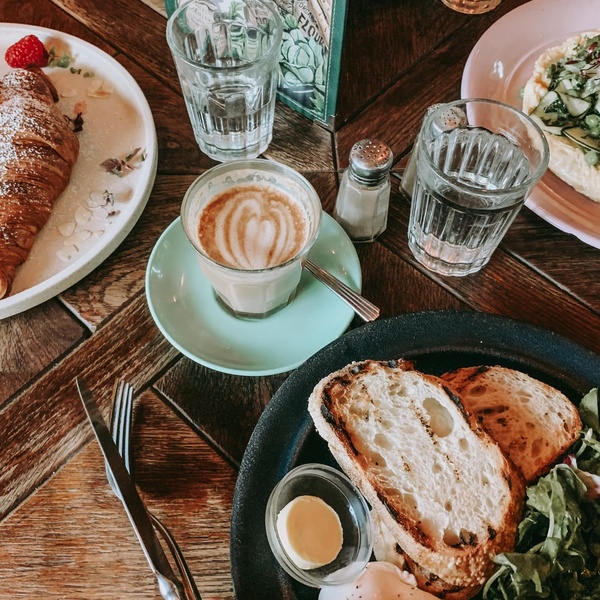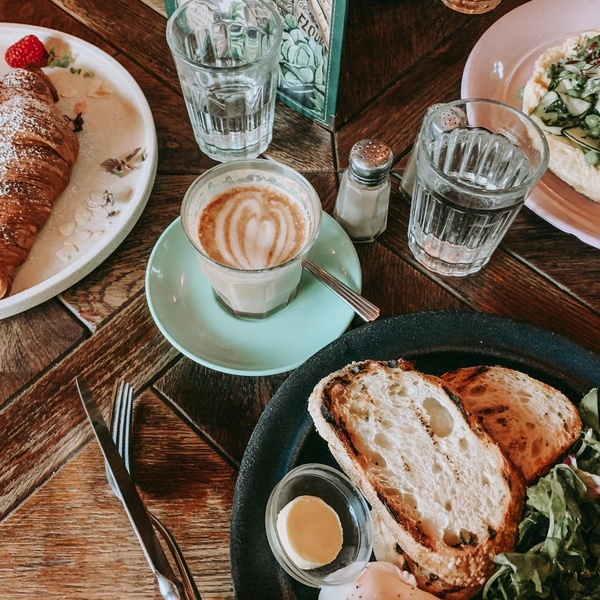Where you decide to study for your degree is one of the biggest decisions you are likely to make in your life. Finding a location that suits you culturally with universities of sufficient calibre and with all the facilities you need to suit your lifestyle can be a tricky thing to negotiate, especially given the choices you have all around Portugal and indeed, the rest of the world.
The best way to get this decision spot on, is to learn from students who have completed their degrees in a given area. Although everyone is different and one person’s idea of the perfect city could be a lot different to the next, this process can offer you invaluable insight into the region you are considering.
For this reason, we have compiled this guide to living in Portugal as a student. If you are considering cities such as Lisbon, Coimbra or Porto for your degree, finding out what they learnt during their time there could well inform your decision and ensure you choose the perfect area.
These tips were taken from an interview with Jess Ashby, who spent three years studying and living in Lisbon and left with a first-class honours degree.
What I learnt living & studying in Portugal – Jess Ashby
Portuguese culture
Obviously, one of the first things I noticed when starting my degree course at University of Lisbon, was the Portuguese culture. Everyone is so laid back but that doesn’t mean that it’s hard to get your studies done. The staff at the university were so helpful and although much of the Portuguese way of life is pretty chilled out, you get all the support you need in terms of adhering to deadlines and ensuring you are well prepared for your exams.
Learning Portuguese greetings
Although most people in the capital speak excellent English, I decided to learn some of the classic Portuguese greetings so I could converse with the locals and also my tutors. By the time I left university I was pretty competent and although I wouldn’t quite say I was fluent, I would be comfortable chatting to most Portuguese people, especially after a few glasses of vino.
If you are thinking of heading to study in Portugal, these simple Portuguese greetings should set you off in the right direction:
- Boa Noite – Good night or good evening
- Obrigado – Thanks (masculine)
- Obrigada – Thanks (feminine)
- Olá – Hello
- Bom Dia – Good morning
- Boa Tarde – Good afternoon or evening
- Boa Noite – Good night or evening
- Como está? – How are you?
- Estou bem, obrigado – I’m fine thanks (masculine)
- Estou bem, obrigada – I’m fine thanks (feminine)
- E você? – And you?
- Adeus – Goodbye
- Até logo – See you later
The BBC also have some great tips on Portuguese culture available at their website with some handy videos, but I found the best bet was to just get out and about in the city and start chatting to locals.
Learn to love seafood
At the heart of any culture is of course, the cuisine. One of the first things that hit me about Portuguese culture was just how much they love fish and other seafood, which isn’t really surprising given how coastal it is as a nation.

I wasn’t a huge fan of seafood before I travelled to Lisbon but I am now and I recommend trying some of the local delicacies at least once, as you could well be converted. Sardines, mackerel and their national dish of bacalhau (cod which is salted and dried) are all readily available and as well as being really tasty, are healthy too which can be a great help as a student.
Learning to love seafood was one of the first things I learnt when living in Portugal and I suggest you doing the same but if you really aren’t keen, there are some awesome pork and chorizo dishes which are divine too. Food is a big part of living in Lisbon so try your best to embrace it.
Being polite & respectful
The final thing I would say I learnt pretty quickly when living in Portugal, is that the country is quite conservative and as such, manners and respect are very important. Your greetings should be kept formal and titles like Senhor and Senhora should be used until you know someone very well, and even then there is no harm in continuing to use them. Always shake hands with people when you meet them and even a hug and a kiss on each cheek won’t go amiss, adhering to this will really help you to become accepted into your new community.
If having read this article, you think that the Portuguese culture suits you and you are looking for some luxury student accommodation in any of the country’s major cities, then be sure to take a look at some of the properties we have available here are Collegiate. Click here to explore some of our Portuguese residences.




